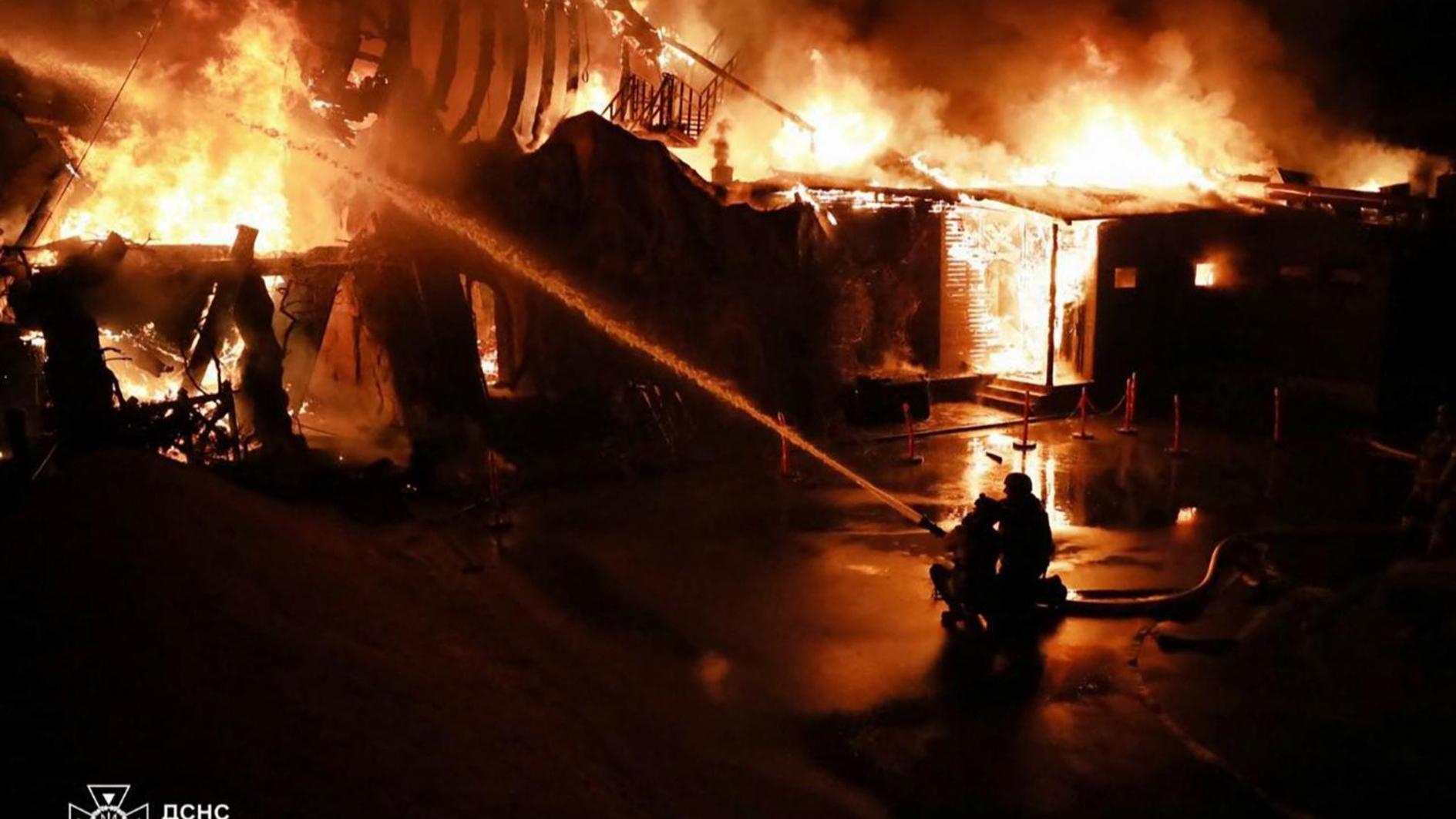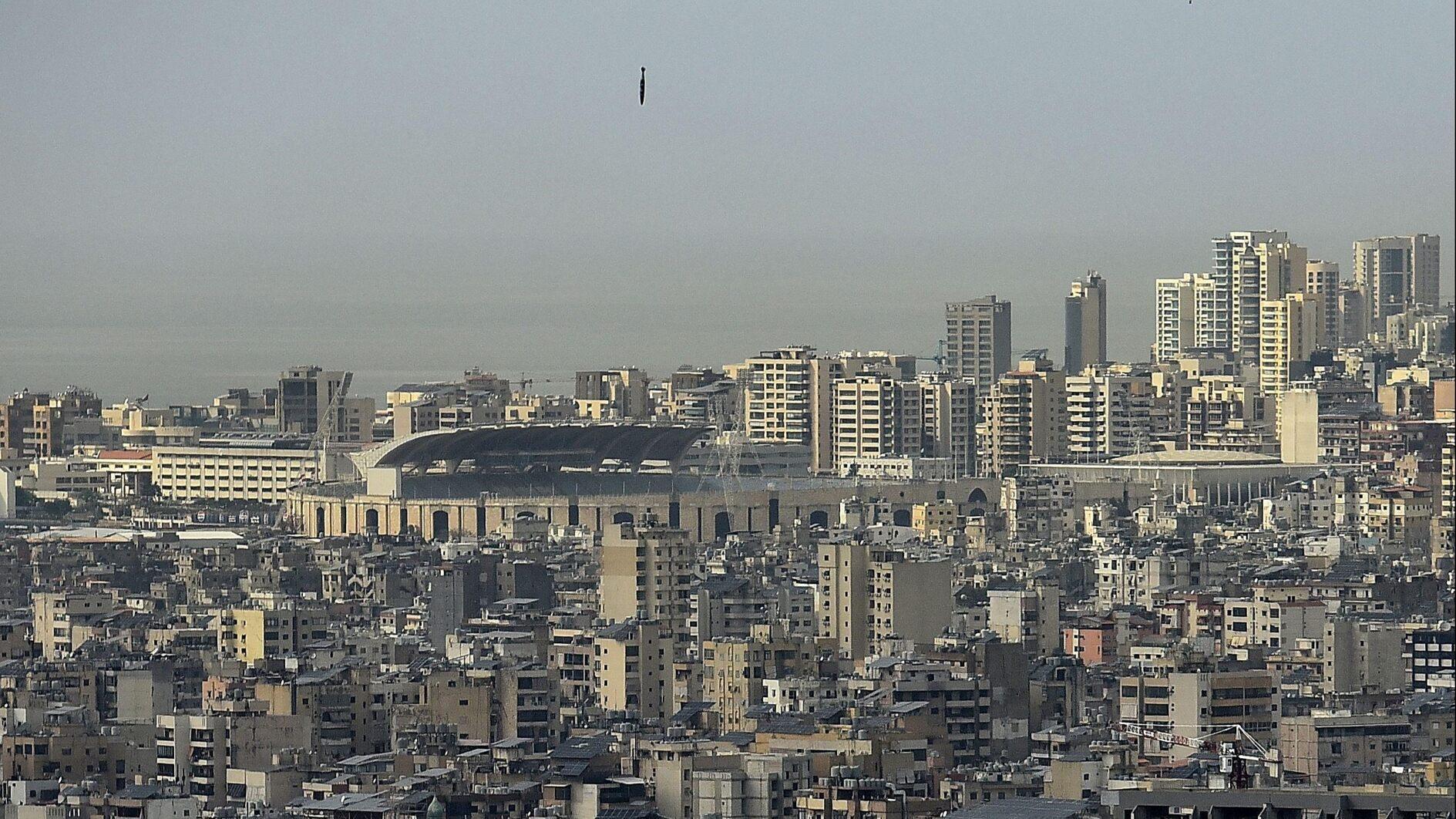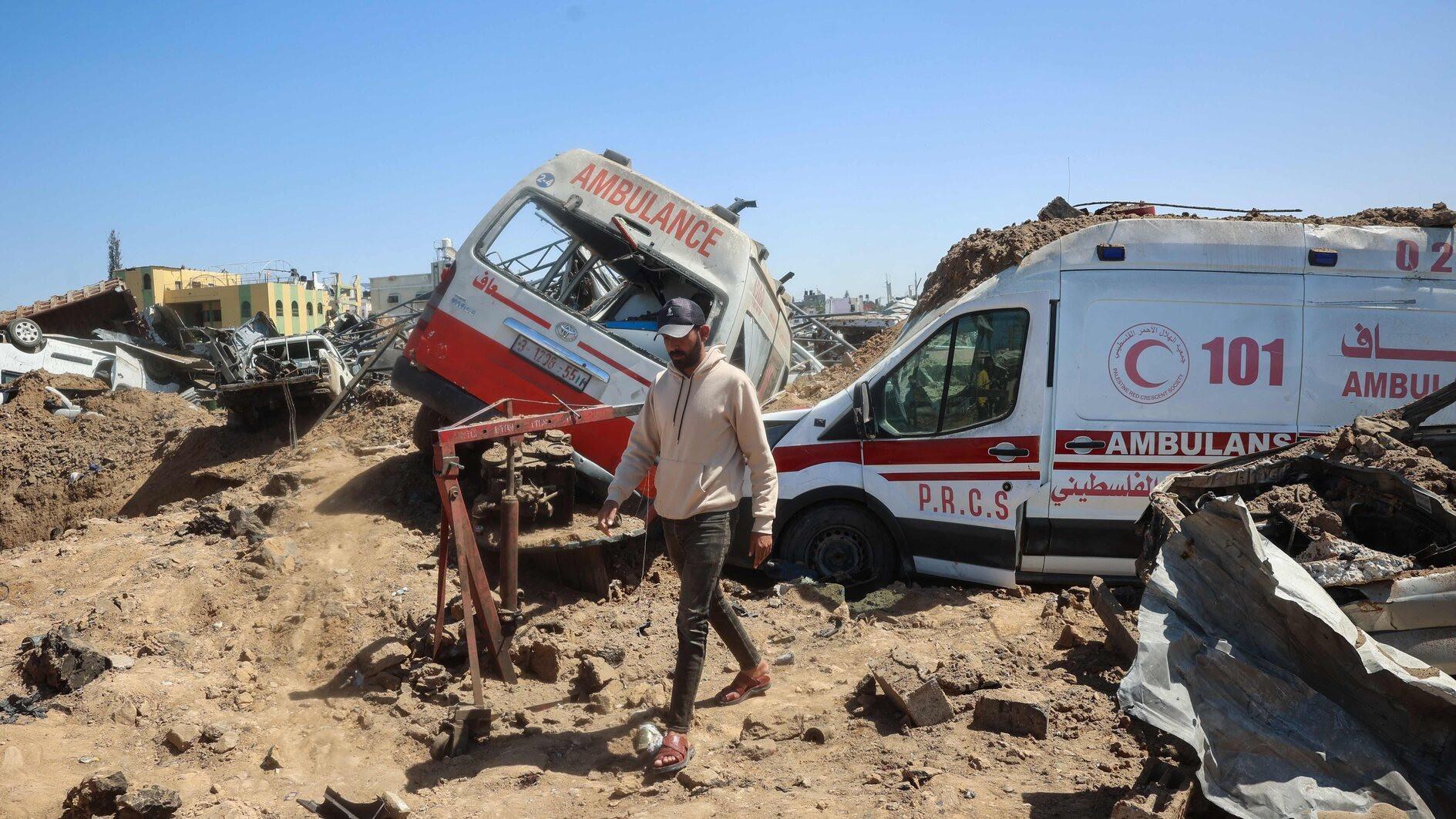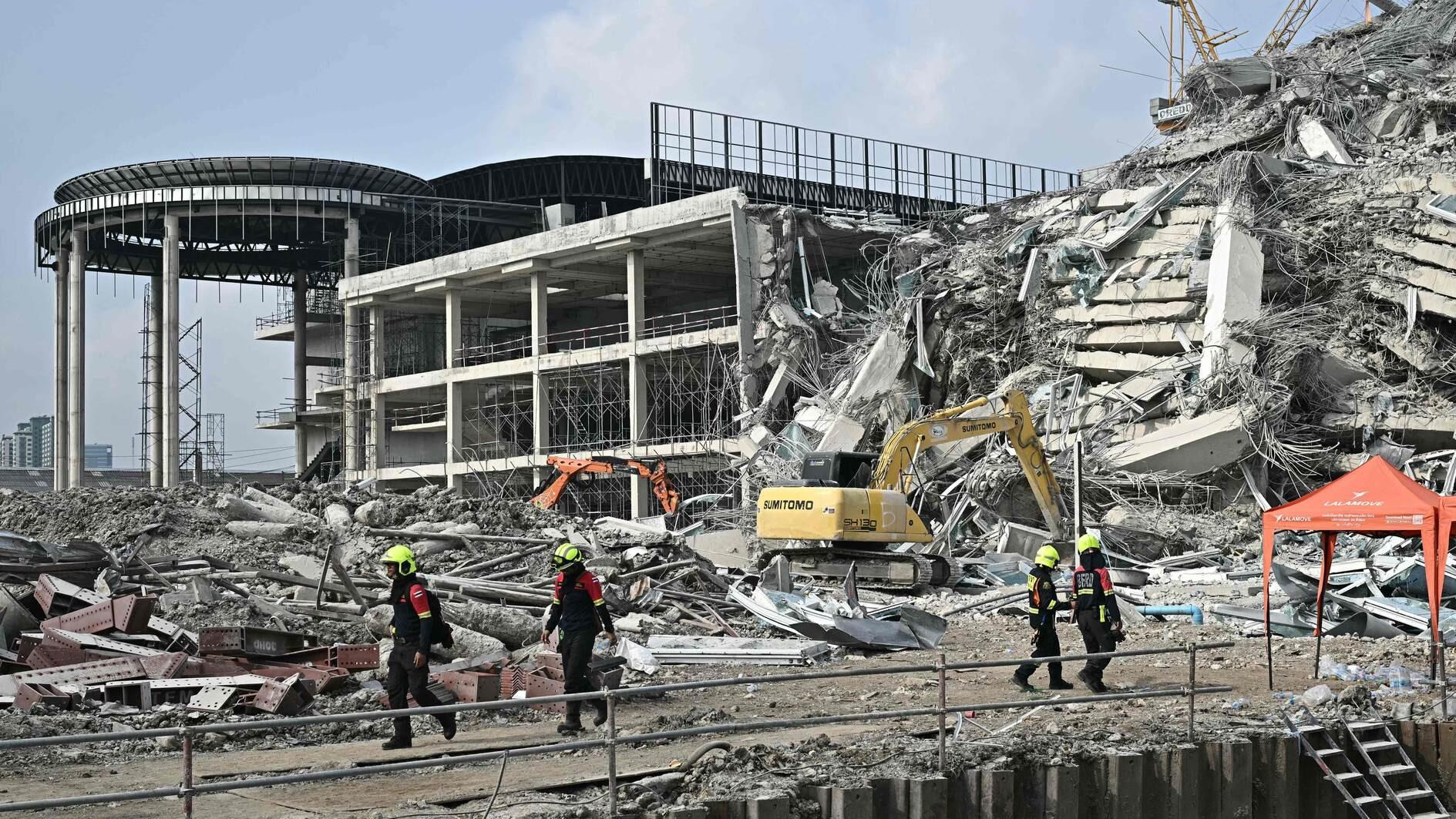Turkey embarks on restoration efforts of Armenian churches
ISTANBUL
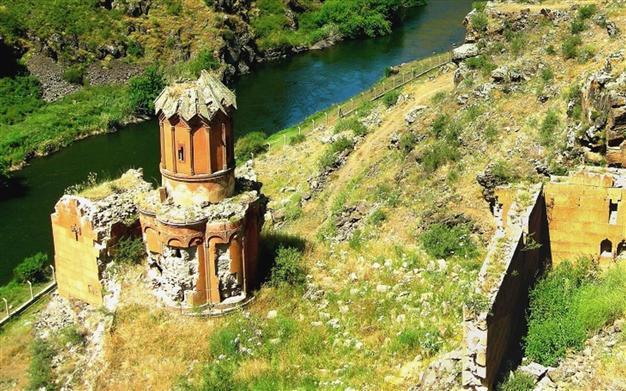 Ankara has embarked on a series of restoration projects on Armenian churches in Turkey, amid criticism that the country’s remaining Armenian cultural and historical heritage not destroyed during World War I has been left to ruin.
Ankara has embarked on a series of restoration projects on Armenian churches in Turkey, amid criticism that the country’s remaining Armenian cultural and historical heritage not destroyed during World War I has been left to ruin.The restorations are part of the government’s bid to show that it is improving the rights of Turkey’s Armenian community. For some observers, the past year’s intensified restoration efforts of about a dozen churches throughout the country are no doubt related to the upcoming 100th commemoration of the World War I killings of Armenians in the Ottoman Empire.
The government’s efforts to reconcile with Turkey’s small Armenian community dates back a few years, with the reopening of the Akdamar (Akhtamar) Church near the southeastern city of Van. The 10th-century Church of the Holy Cross on Akhtamar Island in Lake Van was reopened in 2007 as a museum.
Ankara spent 2 million Turkish Liras on extensive restorations of the church, and in 2010 a religious ceremony was held there for the first time in 95 years.
In addition, the word “Armenian” could not be found anywhere on the church’s original information signboard, but it was renewed last year in order to emphasize that the church was a part of Armenian heritage in Anatolia.
Similar changes are expected to be made during the renewal of other signboards where “Armenian” has been omitted.
Today, the Armenian community in Turkey, which numbers around 70,000, is almost entirely concentrated in Istanbul.
In a historic first, the Turkish government last year offered condolences for the mass killings of Armenians in 1915, which then Prime Minister Recep Tayyip Erdoğan said had “inhumane consequences,” expressing hope that those who had died were now at peace.


